Building the Quantum Future: Quantinuum’s Bold Path to Fault-Tolerant Quantum Computing
At Quantum World Congress 2024, Dr. Rajeeb Hazra, CEO of Quantinuum, delivered an electrifying keynote that laid out a clear roadmap for the future of quantum computing. With more than three decades of experience in supercomputing, Dr. Hazra leads Quantinuum, one of the world’s foremost quantum computing companies. During his address, he emphasized Quantinuum's commitment to advancing quantum technology, driving real-world use cases, and pioneering the path toward fully fault-tolerant quantum computing.
Paving the Way for Quantum Innovation
Quantinuum CEO Dr. Rajeeb Hazra during his keynote presentation at Quantum World Congress 2024.
Quantinuum's journey is built on a decade of progress in both quantum hardware and software. From its roots in Honeywell Quantum Solutions and Cambridge Quantum, Quantinuum has become a global leader, with over 350 top-tier scientists and engineers working across the U.S., U.K., Germany, Japan, and Singapore. Dr. Hazra pointed out the company's success in pushing the boundaries of quantum performance, including record-breaking achievements in quantum volume and error rates.
In his keynote, Hazra stressed the importance of collaboration: “We don’t just deliver our own stack—we partner with others, taking the best innovations in quantum and making them run on our hardware.” This partnership-driven approach allows Quantinuum to remain versatile, working with various platforms while maintaining leadership in quantum error correction.
The Path to Fault-Tolerant Quantum Computing
Perhaps the most exciting part of Hazra's address was Quantinuum's ambitious roadmap. The company aims to deliver a fully fault-tolerant quantum computer, dubbed Apollo, by 2029. This quantum computer will feature thousands of qubits and the industry's lowest error rates, thanks to Quantinuum’s unique QCCD trapped-ion architecture.
Dr. Hazra shared that the world will soon witness the unveiling of new systems, starting with Helios in June 2025, capable of delivering 50 logical qubits with an error rate below 10^-4. Following that, Quantinuum plans to release a second system two years later, doubling the logical qubit count while reducing error rates by an order of magnitude.
Beyond Speed: The Power and Potential of Quantum
Quantinuum CEO Dr. Rajeeb Hazra
One of the key takeaways from Dr. Hazra's speech was the power of quantum computing to not just accelerate processes but also address challenges like sustainability. He noted Quantinuum’s ability to achieve 100x better performance on the Random Circuit Sampling Benchmark, using 30,000 times less energy than traditional supercomputers. This is a crucial point for industries grappling with AI’s increasing demands on data centers, which are becoming more energy-intensive by the day.
Quantinuum’s systems don’t just push the limits of speed—they bring unprecedented resource efficiency, reducing both computational time and energy consumption. Hazra described quantum’s role as more than just an accelerator; it’s a tool that will reshape industries, from pharmaceuticals and material science to AI and transportation.
A Call to Partnership
As Quantinuum accelerates toward fault-tolerant quantum computing, Hazra emphasized the need for partnerships across the quantum ecosystem. He described Quantinuum's open approach to collaboration as a critical factor in solving complex challenges and scaling quantum innovations. “We’re building not just for today but for the next decade,” said Hazra. “Our mission is to accelerate quantum computing, and we invite partners to join us on this journey.”
With bold goals, groundbreaking technology, and a deep commitment to advancing the field, Quantinuum under Hazra’s leadership is poised to transform quantum computing from potential to reality.







